I wanted to comment on the overall assumption we commonly see in publications that AI will never write a “critically acclaimed hit” or out-Adele Adele.
It is usually very politically correct (and less frightening) to suggest that AI can’t make art better than humans. It’s okay let them replace automated tasks but we like to think that more “right brain” activities are not that easily replicable. We hold on to the belief that only human creations can touch someone’s heart and mind. The way we humans create music requires getting in touch with one’s own feelings and find means of expression, on top of mastering playing one or more instruments.
The truth is, AI can write songs as well as humans can, if not better. “Beauty is in the ear of the listener”, if I may :) If you think about creativity as exploring unexplored territories, mixing or creating new sounds, trying new combinations, then AI has a lot more creative juice than any human brain. It can explore more than we can, with a lot less mental barriers about what should or shouldn’t be tried or experienced.
“Of all forms of art, music is probably the most susceptible to Big Data analysis, because both inputs and outputs lend themselves to mathematical depiction”.
Yoah Nuval Harrari
The real argument here is more about the very definition of an artist.
I just googled it to see what’s commonly used to describe an artist. Here’s Cambridge’s definition:
- “someone who paints, draws, or makes sculptures.
- someone who creates things with great skill and imagination.
This definition will evolve as musicians use AI to explore, and won’t have to produce so much entirely by themselves.
Most likely, in the future, being able to produce won’t matter as much as telling a story and having a personality that people will want to follow and hear more of. Hanging out at FastForward earlier this year, we were discussing about artist careers and about what makes people becoming fans of artists.
Depending on musical genres and audiences, it is a mix of musical skills, personality, familiarity and storytelling that creates fandom. Song quality by itself is definitely part of these requirements, but it is usually not enough to create an audience. For now, we don’t have any AI mastermind replicating both personality and songwriting. So, artists are not directly replicable per say but both types of AI do exist already.
In the near future, unless laws banning anthropomorphism pass throughout the world, we are even bound to see the likes of Lil Miquela, fictional artists, releasing singles on Spotify. Just like real artists, these fictional artists will have whole teams behind them to manage their careers.
Will they write better songs than Adele?
There are some evidence that AI can write beautiful masterpieces already, that I’m sharing here. I found the following study while reading Homo Deus, by Yoah Nuval Harrari, an essay about what awaits humankind in the AI era:
“David Cope has written programs that compose concertos, chorales, symphonies and operas. His first creation was named EMI (Experiments in Musical Intelligence), which specialised in imitating the style of Johann Sebastian Bach. It took seven years to create the program, but once the work was done, EMI composed 5,000 chorales à la Bach in a single day.“
“Professor (...) Larson suggested that professional pianists play three pieces one after the other: one by Bach, one by EMI , and one by Larson himself. The audience would then be asked to vote who composed which piece. Larson was convinced people would easily tell the difference between soulful human compositions, and the lifeless artefact of a machine. Cope accepted the challenge. On the appointed date, hundreds of lecturers, students and music fans assembled in the University of Oregon’s concert hall. At the end of the performance, a vote was taken. The result? The audience thought that EMI’s piece was genuine Bach, that Bach’s piece was composed by Larson, and that Larson’s piece was produced by a computer.”
When an audience is not biased, listeners can hardly tell the difference between Bach, an AI or an unkown writer.
Can an AI write a masterpiece? Yes. You may argue that AI are trained based on a given dataset (e.g. a set of songs), depriving them from free will as to what is actually produced. However, AI can be trained to learn from the best composers, exactly like a human would have various musical influences and attend masterclasses taught by virtuoses.
One fundamental difference that still remains is joy and creative flow. A machine will hardly derive as much joy out the creative process as much as we do.















